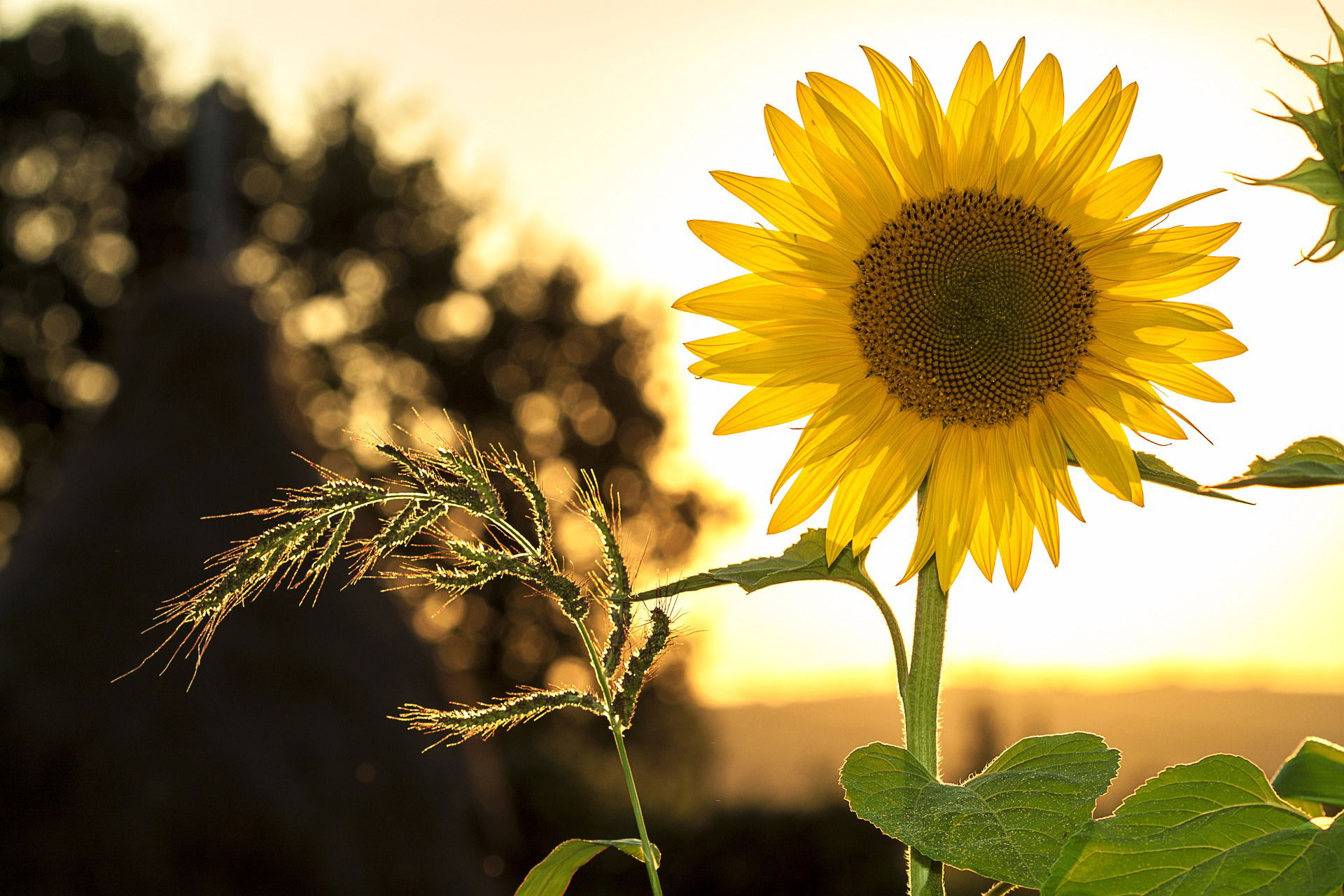ENVIROMENT

A Clean Environment Is Essential for Healthy Living: The more you don’t care about our environment, the more it will become polluted with contaminants and toxins that have a harmful impact on our health.• More than 12 million people around the world die every year because they live or work in unhealthy environments
• Environmental pollutants can cause health problems like respiratory diseases, heart disease, and some types of cancer.
• People with low incomes are more likely to live in polluted areas and have unsafe drinking water.
• Children and pregnant women are at higher risk of health problems related to pollution.• There will be more plastic in our oceans than fish by 2050. It’s estimated there are around 3,500,000,000,000 fish currently in our oceans (that’s a lot of zeros!). So, can you try and imagine just how much plastic that means there could be in the oceans by 2050…
• Scientists believe that up to 50% of the world’s species will be extinct by the end of this century. Many believe that human activity is the main cause.
• Approximately 83% of the earth’s land surface has been affected by human activity, threatening plant and animal species – this is due to things like deforestation and unsustainable harvesting of the Earth’s resources.
• Approximately 25% of the world’s coral reefs have been irreversibly destroyed. This is due to pollution, overfishing, destructive fishing practices using dynamite or cyanide, collecting live corals for the aquarium market, mining coral for building materials, and a warming clim• America is the world’s number one trash-producing nation, accounting for 30% of the world’s waste, despite only having 5% of the world’s population.
• Around 27,000 trees are cut down each day . The world has over 3.04 trillion trees in the world. However, 27,000 of them are cut down daily to make toilet paper. This translates to about 9.8 million trees annually. One single recycled edition of the New York Times newspaper could save 75,000 tree
• 78% of marine mammals are at risk of choking on plastic. Plastic bags and other plastic garbage that ends up in the ocean kill over 1,000,000 sea animals every year.
• Americans throw away 25 trillion Styrofoam cups every year. Styrofoam is not biodegradable. Switching to single use options will help cut down on Styrofoam pollution.
• Every three months, Americans throw enough aluminum in the landfills to build our nation’s entire commercial air fleet. Recycling one aluminum can save enough energy to run a TV for three hours. During the time it takes you to read this sentence, 50,000 12-ounce aluminum cans are made.
• On average, one supermarket goes through 60 million paper bags each year. One of the best ways to cut down on single-use bags-both paper and plastic-is to switch to reusable.
• Recycling one glass bottle saves enough energy to power a normal light bulb for about four hours. While glass does not decompose easily, recycling it might be more beneficial to the environment. The recycling of one glass bottle not only saves energy but the energy saved can also power a normal light bulb for about four hours.
What Can We Do?The problems we are facing now are tough. However, the good news is that, you don’t have to be an expert or a millionaire to save the Planet – everyone can help to do their bit for the environment. In other words, if each of us can be more conscious of environmental issues and willing to take some simple steps to save the Planet, we can make a huge contribution.
Being environmentally conscious is not all about plastic bags; it’s about making everyday choices that will — quite literally — determine our success or failure as a species. We can be more conscious about reducing pollution, protecting wildlife, conserving natural resources and take other actions that can help slow the rate of climate change.
Everyone can make a difference, particularly when smart environmental choices become a habit and perhaps even begins influencing others into taking similar actions. Doing the right thing for the future of life on Earth can even have immediate personal benefits. It can tap into your creativity, can get you more engaged with your community and the world, and may contribute to a healthier lifestyle.
We need to reduce the amount of trash we create, and to reuse or repurpose consumer goods rather than throwing them away. United States is among the countries in the world that produce the most waste.
1. Recycle
2. Turn down the bag
3. Buy only what you will use
4. Buy second hand
5. Don't invest in idle equipment
6. Donate used goods
7. Buy products with less packaging
8. Avoid disposable products
9. Kick the bottled water habit
10. Upcycle
11. Give new life to old electronics
12. Upgrade to a green computer
13. Invest in a clothesline
14. Switch out your light bulbs
15. Shut off lights
16. Unplug electronics
17. Turn off your computer
18. Rein in heating and cooling
19. Eat healthier
20. Choose local and organic
21. Stop throwing out food
22. Compost
23. Save water
24. Buy a cleaner car
25. Drive efficiently
26. Leave your car home
27. Consider alternatives to air travel
28. Green your school
29. Involve the workforce
30. Volunteer